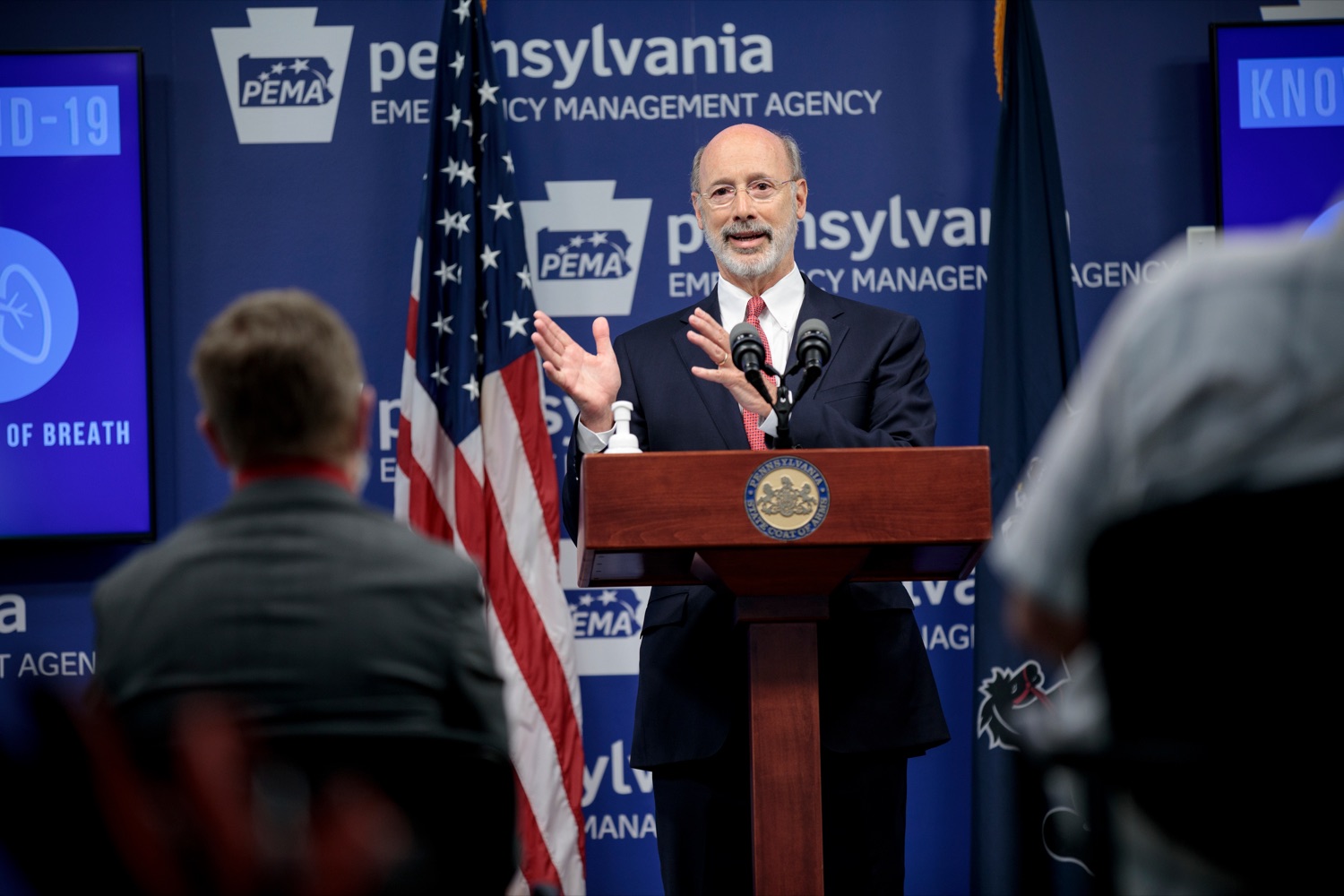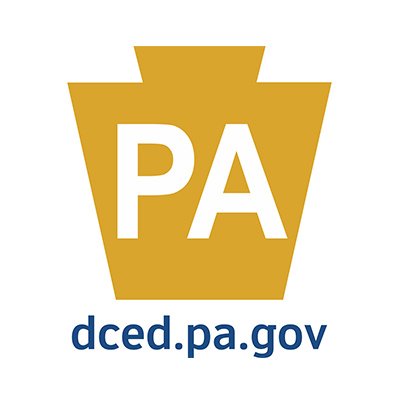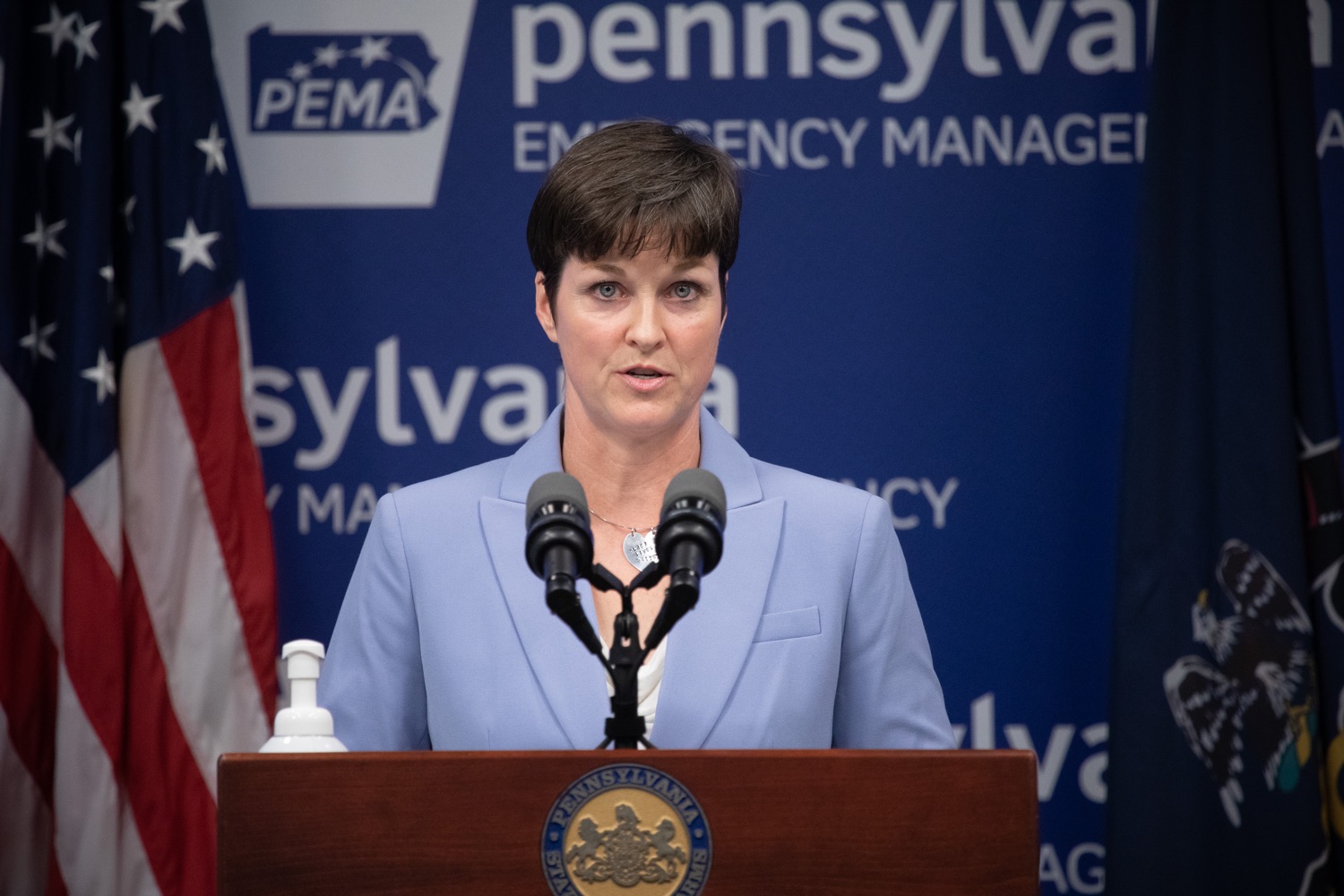-
Require all customers to wear masks while entering, exiting or otherwise traveling throughout the restaurant or retail food service business (face masks may be removed while seated). Further, employees are required to wear masks at all times.
-
Provide at least six feet between parties at tables or physical barriers between customers where booths are arranged back to back.
-
Ensure maximum occupancy limits for indoor and outdoor areas are posted and enforced.
|
Bureau of Liquor Control Enforcement | September 18-20, 2020
|
|||
|
TOTAL LICENSEE CHECKS
|
WARNINGS RELATED TO COVID-19 MITIGATION EFFORTS
|
NOTICES OF VIOLATION RELATED TO COVID-19 MITIGATION EFFORTS
|
|
|
1-Philadelphia
|
167
|
3
|
0
|
|
2-Wilkes-Barre
|
149
|
2
|
1
|
|
3-Harrisburg
|
22
|
3
|
1
|
|
4-Pittsburgh
|
205
|
3
|
2
|
|
5-Altoona
|
109
|
2
|
0
|
|
6-Williamsport
|
75
|
0
|
0
|
|
7-Punxsutawney
|
0
|
0
|
0
|
|
8-Erie
|
35
|
3
|
1
|
|
9-Allentown
|
0
|
0
|
0
|
|
TOTALS
|
762
|
16
|
5
|










